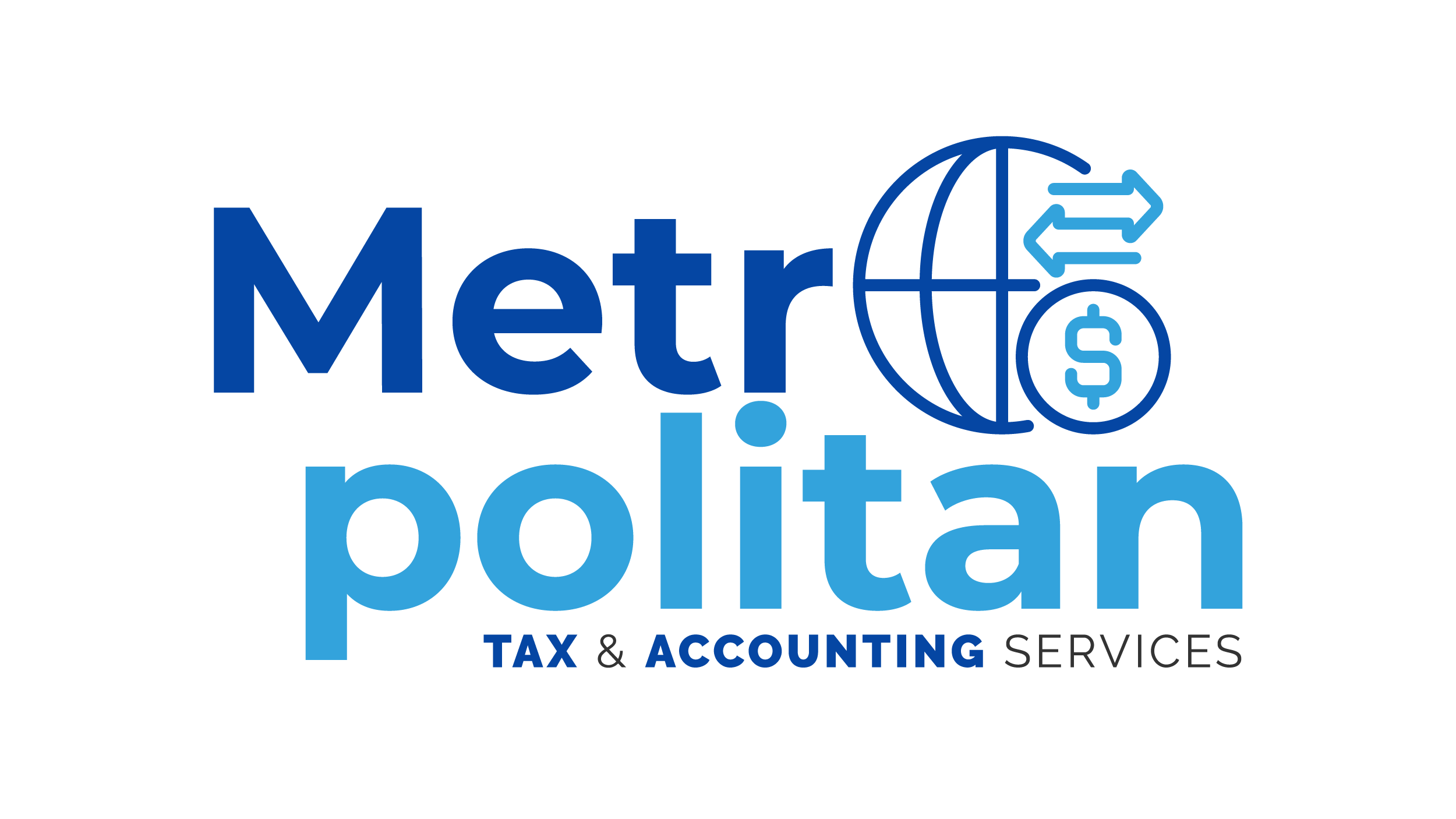The IRS adjusts federal tax brackets annually to account for inflation. For 2025, the brackets have shifted, which could affect how much tax you owe or the size of your refund. Here’s what you need to know.
Updated Tax Brackets for 2025
Each year, the IRS increases income tax thresholds to keep up with inflation. The new tax brackets for 2025 are:
| Tax Rate | Single Filers | Married Filing Jointly | Head of Household |
|---|---|---|---|
| 10% | Up to $12,500 | Up to $25,000 | Up to $18,700 |
| 12% | $12,501 – $50,000 | $25,001 – $100,000 | $18,701 – $75,000 |
| 22% | $50,001 – $100,000 | $100,001 – $200,000 | $75,001 – $150,000 |
| 24% | $100,001 – $175,000 | $200,001 – $350,000 | $150,001 – $250,000 |
| 32% | $175,001 – $250,000 | $350,001 – $500,000 | $250,001 – $400,000 |
| 35% | $250,001 – $400,000 | $500,001 – $650,000 | $400,001 – $600,000 |
| 37% | Over $400,000 | Over $650,000 | Over $600,000 |
(Figures are estimates based on inflation adjustments.)
How This Affects You
- More take-home pay: If your tax bracket increased, you may owe slightly less in taxes.
- Higher standard deduction: The 2025 standard deduction has also increased:
- Single filers: $14,600
- Married filing jointly: $29,200
- Head of Household: $21,900
- Strategic tax planning: Consider adjusting withholding, increasing retirement contributions, or maximizing tax credits to reduce your taxable income.
Final Thoughts
Understanding tax bracket changes is key to effective financial planning. Stay ahead by reviewing your paycheck withholding and tax strategy now. Need help? Contact our tax professionals to optimize your 2025 tax plan.





Leave a Reply